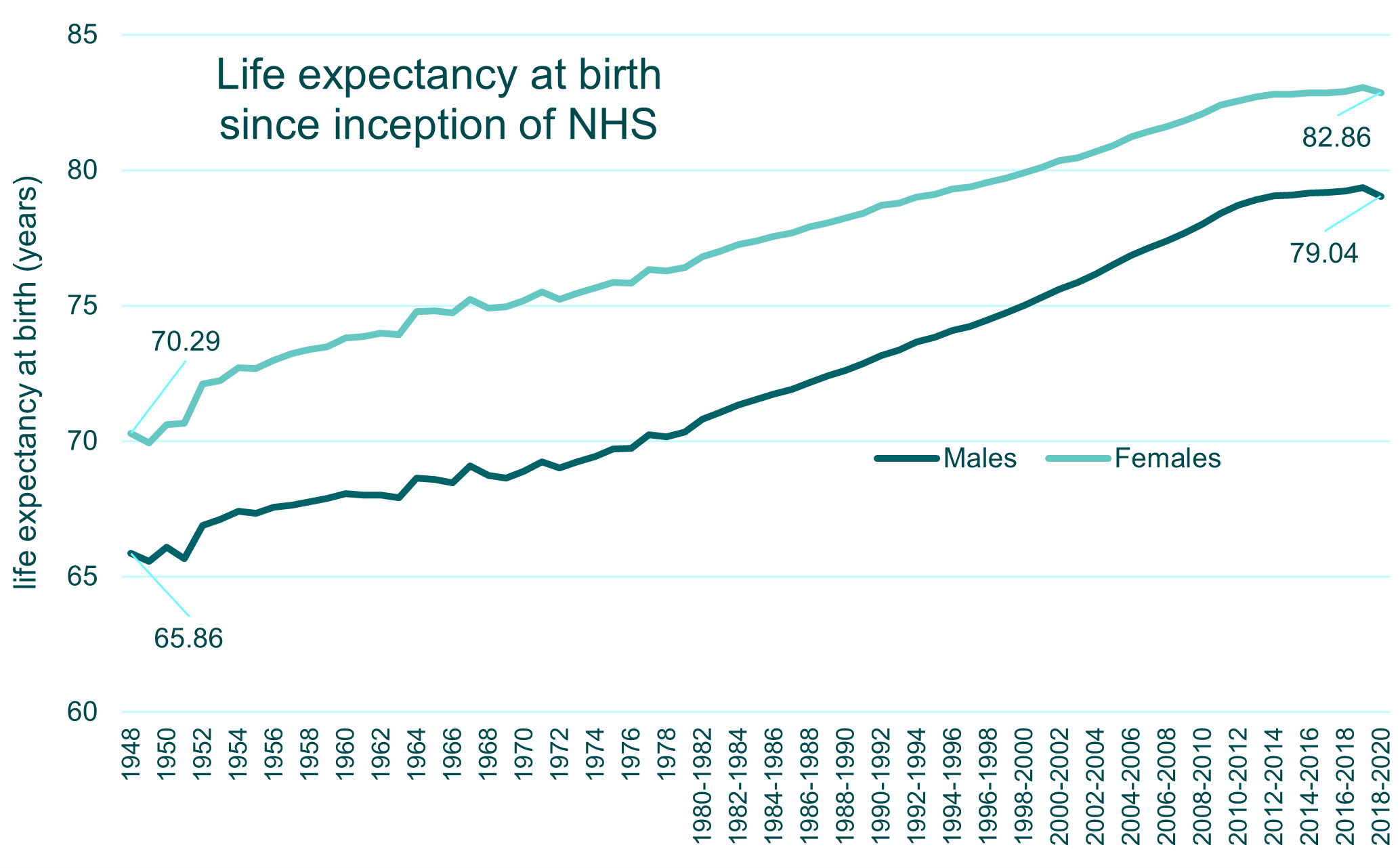Sign up to our newsletter Subscribe
Challenges and Solutions for Budget Impact Analysis of Gene Therapies

Sign up to our newsletter Subscribe

Through a three-part webinar series, commissioned and funded by Roche, OHE has explored the burdens on informal carers when providing unpaid care for loved ones.

Through a three-part webinar series, commissioned and funded by Roche, OHE has explored the burdens on informal carers when providing unpaid care for loved ones, and how these burdens are – or should be – considered when assessing the value of new health technologies.
Through the course of this series, we heard from informal carer, academic, industry and HTA representatives. They described the physical, emotional and financial burdens associated with informal care, and the tremendous value that informal carers provide to national health systems. By some estimates, the annual value of informal care is almost equivalent to the entire budget of the National Health Service (NHS).
There are, however, many challenges around appropriately valuing these contributions, including how to value the incremental effects of new health technologies on the burden of informal carers. Such value is not routinely considered by most Health Technology Assessment (HTA) bodies like the National Institute of Health and Care Excellence (NICE), and when it is considered, the data are often much poorer than equivalent outcomes data for patients (Pennington, 2020).
There are also important methodological challenges to incorporating these data into HTA assessments. One example is the “Carer QALY Trap” which OHE, Roche, and academic co-authors have described as part of a related research project commissioned and funded by Roche. Under conventional health economic modelling, extending the life of a person with an informal carer is less valuable than an identical extension for a person without an informal carer, all else equal. If, to avoid this implication, society chooses to regard both life extensions as having the same value, it necessarily implies that reducing the burden on the informal carer has no value. Under conventional approaches to modelling carer burden, society is ‘trapped’ in an uncomfortable ethical dilemma.
There are prospects for improving how HTA considers the value of new health technologies in reducing the burdens on informal carers, but this will require clearer guidance around when such impacts will be considered as part of HTA appraisals and more standardised guidance for how these impacts should be incorporated into economic models. Beyond quantitative guidance, there will need to be qualitative research to understand how informal carers balance the positive and negative aspects of their caring role and how this should be reflected in HTA.
Many of these same issues are discussed in more detail in this overview of carer burden in HTA also commissioned and funded by Roche as part of a related project. For example, many HTA agencies state that evidence on carer burden can be included in assessments and evidence suggests it is likely to have a “significant” impact on cost-effectiveness results (Pennington et al., 2022). However, we find that carer burden is rarely and inconsistently considered in practice. To a large degree, this reflects different perspectives on the objectives of HTA across different countries and agencies, from narrower perspectives on healthcare payers and patients to broader societal perspectives on health and wellbeing. We find that carer burden is less likely to be considered under narrower payer perspectives than broader societal perspectives. We also find variation across disease areas, with carer burden more likely to be considered in disease areas with higher intensity and longer duration of care needs, particularly neurodegenerative diseases and childhood neurological conditions.
This inconsistency in the consideration of carer burden is exacerbated by missing or low-quality data on carer health-related quality-of-life (HRQoL) and a lack of consensus on best methods. Data on carer HRQoL is not routinely collected in clinical trials, leading to important data gaps or, often, the use of data from different diseases or populations (Pennington et al., 2022). Moreover, the most appropriate methods for measuring and valuing carer HRQoL in HTA appraisals is still an area of development and there are several unsettled questions. Different methods can lead to substantively different results and recommendations that could undermine access to new technologies that could improve patient and carer outcomes.
To address these challenges, and appropriately value the impact of new technologies on carer HRQoL, we see a need for clearer and more consistent guidance around the consideration of carer burden in HTA, echoing Pennington. In the medium to longer term, routine inclusion of appropriate measures of carer burden and HRQoL will be essential to improving the quality and, in turn, the acceptability of this data. In all aspects, collaboration between industry, HTA, carer, and patient stakeholders will be critical.
Informal carers provide tremendous value to the loved ones they care for as well as to healthcare systems and broader society. It is critical that these contributions are valued appropriately and used as efficiently and as carefully as any other healthcare resource. To achieve this, it will be critical to improve how HTA measures and accounts for the burdens of informal carers in their appraisals.
OHE and Roche would like to thank Portia Thorman (SMA UK), Chris Skedgel (OHE), Becky Pennington (University of Sheffield), David Mott (OHE), Hareth Al-Janabi (University of Birmingham), Simone Sutherland (Roche), and Neil Hawkins (Visible Analytics/University of Glasgow) for their participation and insightful contributions.
We have assembled the key messages from each speaker in the highlights reel below and the full recordings of each webinar are available on the Events pages (links below).
Informal Caring Burden in HTA | Webinar Series Highlights Reel
Please click below to access the full recordings:
Roche Reference: M-GB-00010454 Date of Preparation: March 2023
Roche makes no warranties or representations of any kind as to the accuracy, completeness, reliability or usefulness of any information contained in third party sites and shall have no liability for any loss or damage of any kind that may arise from your use of such content or information. Inclusion of any third party link does not imply an endorsement or recommendation from Roche.
An error has occurred, please try again later.
This website uses cookies so that we can provide you with the best user experience possible. Cookie information is stored in your browser and performs functions such as recognising you when you return to our website and helping our team to understand which sections of the website you find most interesting and useful.
Strictly Necessary Cookie should be enabled at all times so that we can save your preferences for cookie settings.
If you disable this cookie, we will not be able to save your preferences. This means that every time you visit this website you will need to enable or disable cookies again.
This website uses Google Analytics to collect anonymous information such as the number of visitors to the site, and the most popular pages.
Keeping this cookie enabled helps us to improve our website.
Please enable Strictly Necessary Cookies first so that we can save your preferences!



